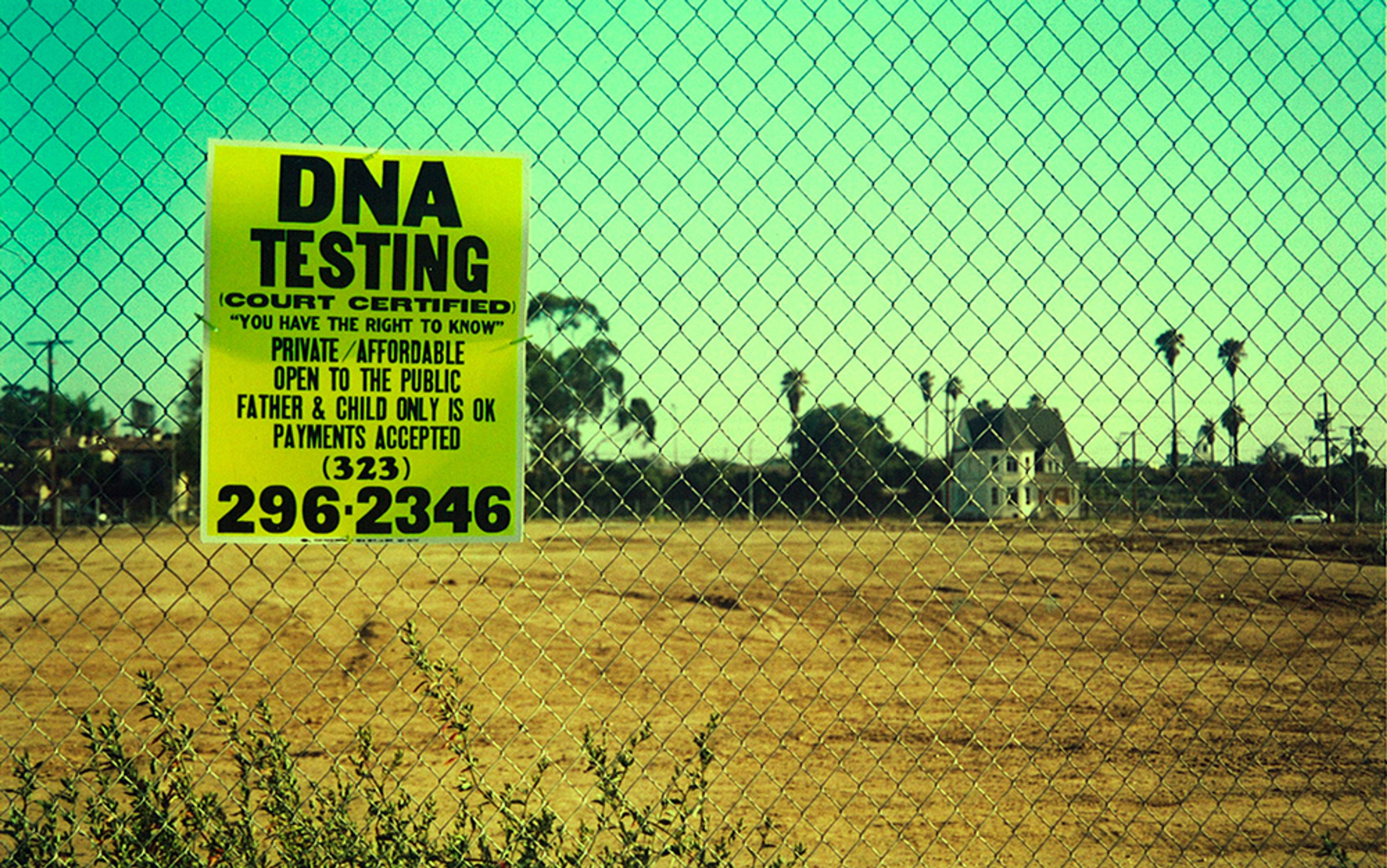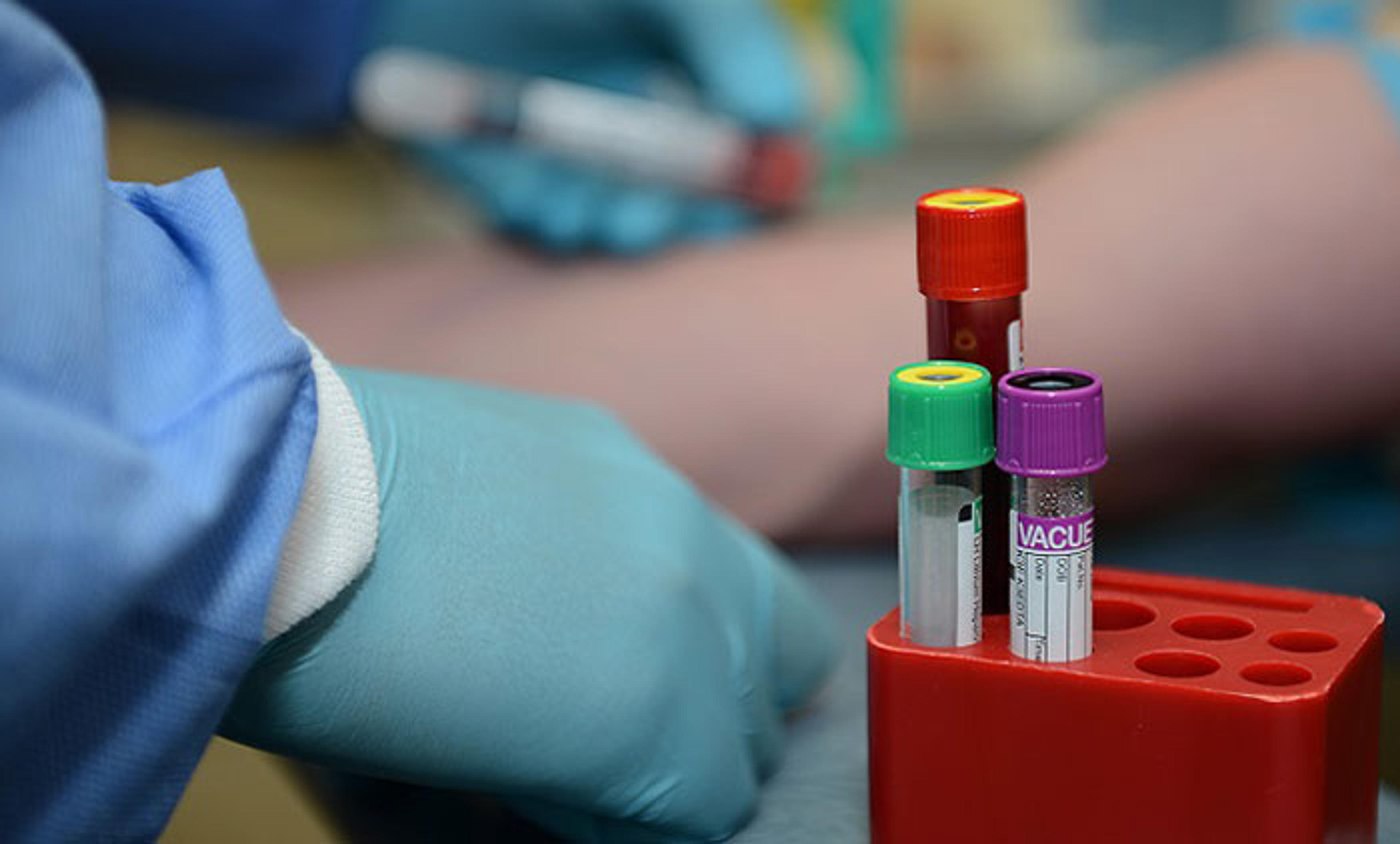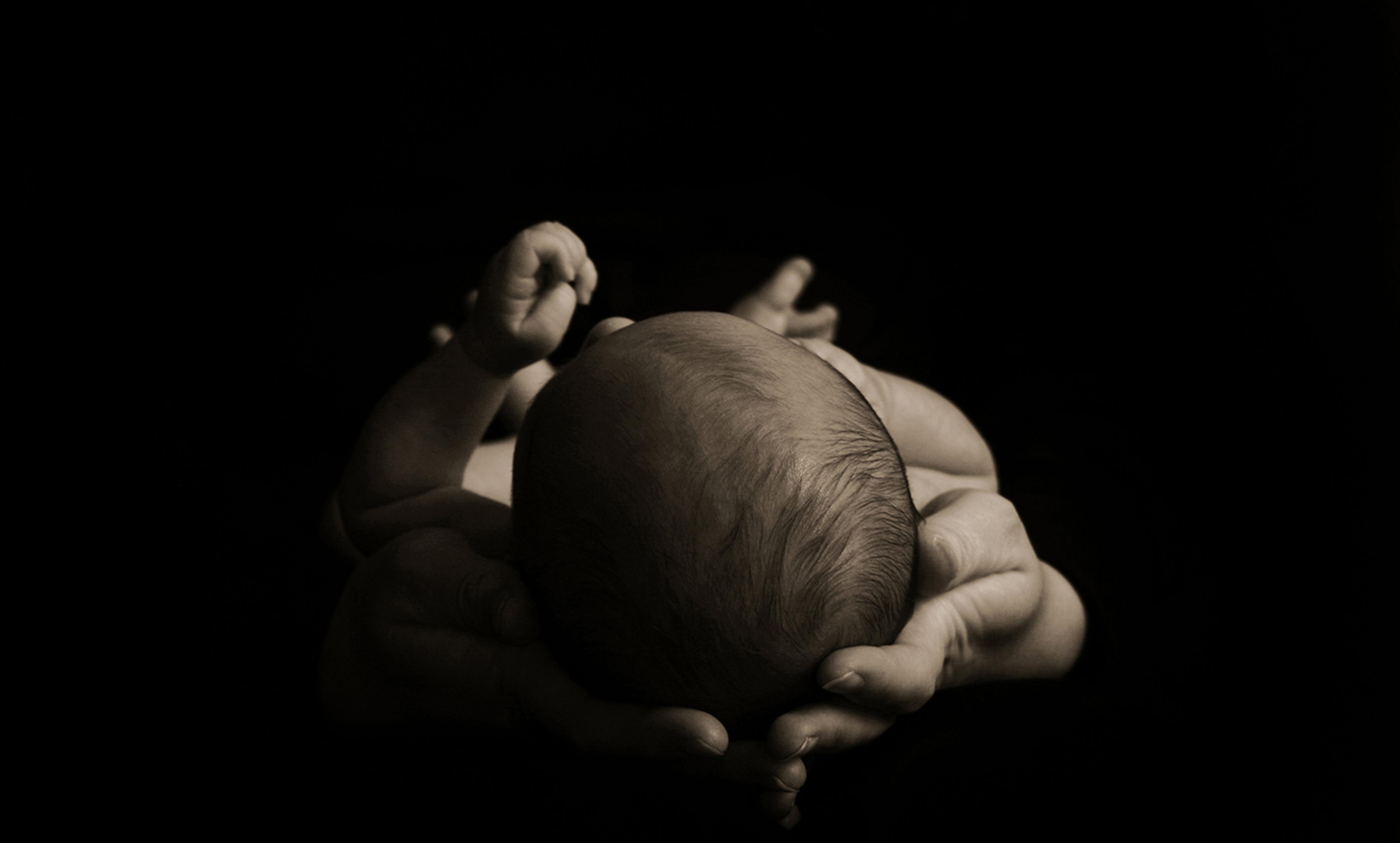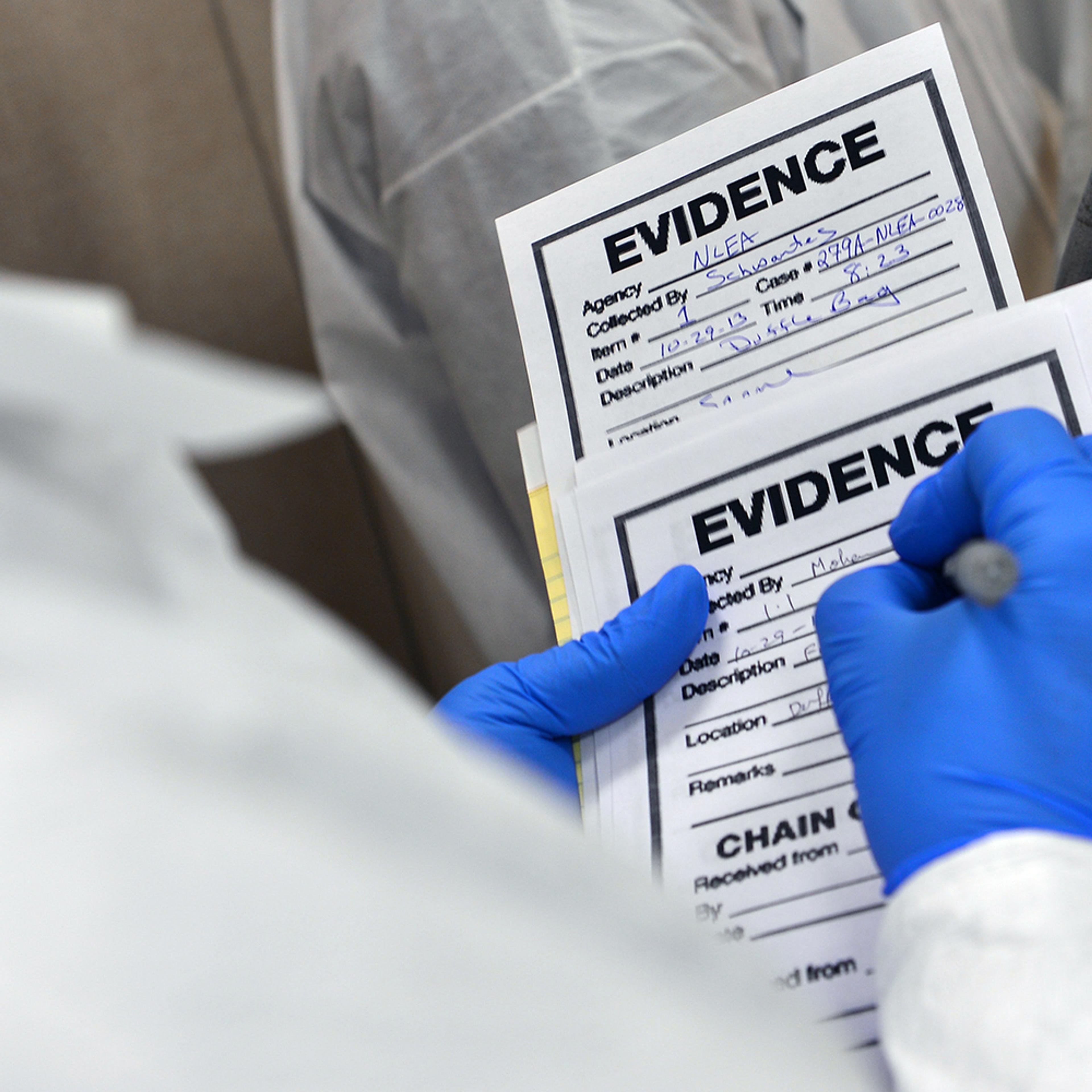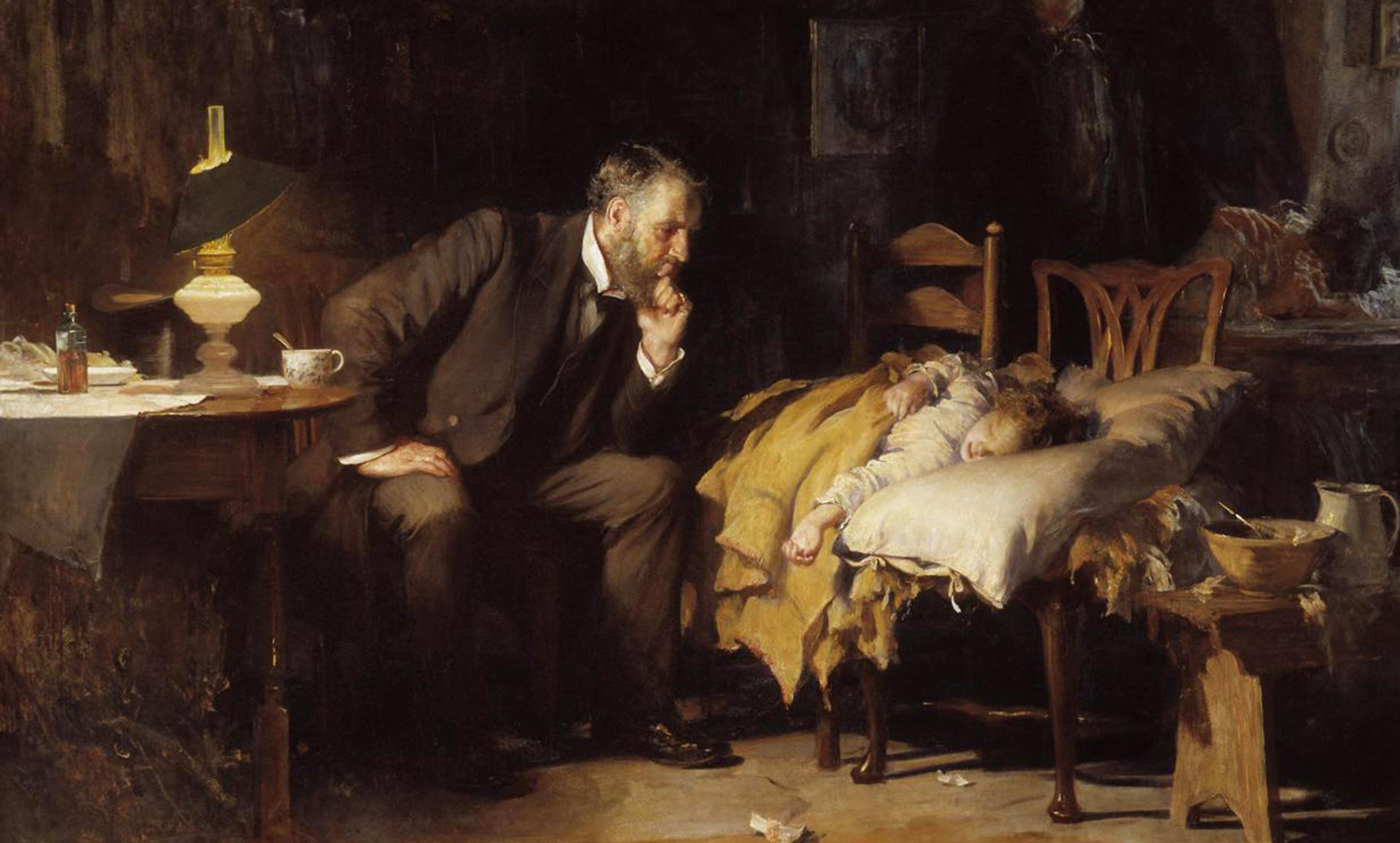Erica Zabowski/Flickr
Sequencing the first human genome took more than a decade and cost billions of dollars. Nowadays, an individual’s genome can be sequenced in days for as little as a thousand dollars. The plummeting cost of genomic testing has made its use in medical research routine. Genetic information is collected in studies of cancer, HIV, diabetes, schizophrenia and pretty much any disease you can think of. Yet in the course of sequencing the genomes, researchers investigating diseases that can run in families sometimes discover that parents and children who thought they were genetically related are not. Such findings usually manifest as misattributed paternity resulting from infidelity, but they can also arise when children don’t know they’re adopted, or even because of a mix-up at the IVF clinic.
Should people be told the truth about their biological parentage?
Scientists who think it unethical to withhold the information might emphasize the possible benefits of disclosure. Someone with an undiagnosed disease might realise that answers would not be found in her parents’ medical history, and might instead track down her biological family to discover whether her condition affected them too. Couples might make better reproductive decisions if they knew that they were not, after all, at risk of passing on a genetic disease. And we might think that just knowing the truth about one’s ancestry is preferable to living a lie.
But disclosure also has potentially negative consequences. In the first place, discovering misattributed parentage is likely to cause distress. For some people, genetic relationships are a vital part of identity. Family resemblance can be a way of belonging – your father’s eyes, your mother’s wit, your grandfather’s crinkled smile. Some people see themselves reflected in their family members, and locate themselves within histories whose actors are important because of their presumed biological links. Moreover, if the misattributed parentage resulted from infidelity, it might disrupt family relationships and even lead to violence.
Along with US National Institutes of Health bioethicist Ben Berkman, we’ve argued that researchers could disclose the information selectively but, that once it was out there, there’d be no way to control how it was then used. How is a researcher to accurately assess the potential for domestic violence? How could she predict the extent to which someone’s identity is tied up in his genetic history? How can we put a value on someone knowing the truth?
Could we just ask people if they want to know? Obviously, asking after the results have come back would functionally mean disclosing them. It might be possible to ask ahead of time by adding a question to the consent form that research subjects sign. Here, though, further challenges arise. Are people good judges of how they’d react to discovering misattributed parentage? What if different family members request different disclosure options? What about family members who aren’t involved in the research and therefore don’t see a consent form?
We think that researchers don’t need to do any of this to make an ethical decision about disclosing. That’s because there’s an important distinction between our moral duties to avoid harming others and our duties to benefit them. In general, the former are much more stringent than the latter. For example, it would be very wrong of me to deliberately run my car into yours. If I did, then at the very least I would have a duty to compensate you financially for the damage. By contrast, if I come across someone sitting by the side of the road after a fender-bender, I could benefit him in just the same way, but I don’t have a moral duty to do so. Many people would consider it above and beyond the call of duty if I even stopped to check on him and lent him my phone to call for help.
This isn’t to say that we don’t have any duties to help others. There are plenty of those—from our responsibilities to look after our children to so-called ‘duties of rescue’ to help people who are in imminent danger when we can easily do so. (If I see someone drowning and I can safely swim to rescue him, then I should). The point is that in most situations, we would seriously wrong a person by causing her harm. However, barring a special relationship or an obvious opportunity for easy rescue, we have little or no duty to benefit her.
This asymmetry between the morality of benefiting and of harming is of great significance when our actions are likely to affect multiple people. Unless the benefits are very large, it is wrong to harm one person without her consent in order to benefit another. For example, it would be wrong to forcibly take a kidney from one person to transplant it into someone with kidney failure. It would be wrong even though people can live healthy lives with just one kidney, and even though the benefit of receiving a transplant can be life-saving.
Think about what it would mean, then, to disclose a finding of misattributed parentage to a research subject or his family. Due to the very nature of misattributed parentage, the consequences affect not only the primary research subject, but also family members. Disclosure might benefit a couple who had decided against the risk of having another biological child with a congenital illness, but shatter the sense of family identity for their existing child. It might benefit someone who could finally understand her family history, but irrevocably damage the relationship between her parents, one of whom now presumes infidelity. We don’t know who exactly will be benefitted and who will be harmed, but with multiple parties involved, we know the benefits and harms can’t just be traded off.
Where does this leave us? Researchers do not know what effects disclosing misattributed parentage will have. But they do know that they have no moral duty to provide the benefits that disclosure could entail, and that they have strong moral duties to avoid harm. They should therefore err on the side of caution and adopt a default policy of non-disclosure: don’t tell research subjects about misattributed parentage.
The opinions expressed are the authors’ own. They do not represent the position or policy of the National Institutes of Health or the U.S. government.
